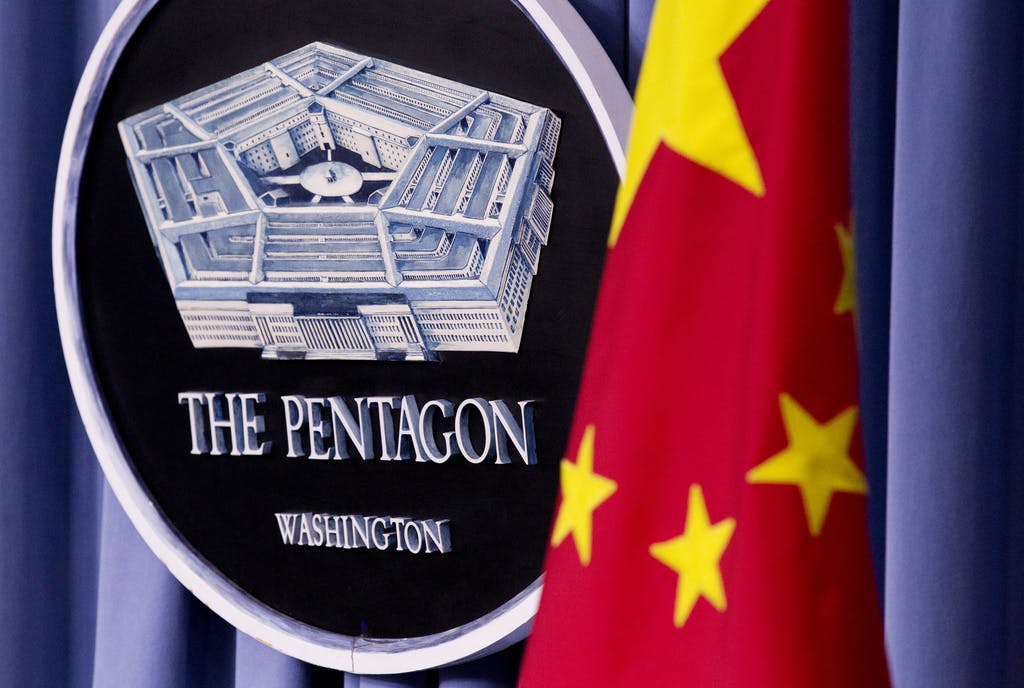China’s New Limits on Exports of Vital Metals Is Latest Salvo in High-Level Competition With America
Many consider Beijing’s move an opening gambit rather than a major shot in an all-out chip war, yet cutting gallium and germanium exports could eventually affect the cost of everyday consumer items.

As the competition between China and America heats up, with both sides intent on dominating the industries of the future, can America win, or will everyone end up losing?
Taking effect Tuesday are new Beijing restrictions on the export of two metals — gallium and germanium — that are critical for the manufacturing of everything from cellphones to electric vehicles, drones, and the weapons expected to be seen in future war theaters.
Initially announced on July 3, the move by Beijing is apparently retaliatory, a reaction to American, Japanese, and Dutch limits on high-end semiconductor exports. Yet, many consider it an opening gambit by the Chinese rather than a major shot in an all-out chip war.
Like last October’s American move, the People’s Republic of China’s new export restrictions “don’t mean anything yet,” a senior fellow at the American Enterprise Institute specializing in China’s economy, Derek Scissors, tells the Sun. “They’d have to cause market shortages for an extended period to matter, and so far it’s just the PRC barking.”
Yet, limiting gallium and germanium exports could eventually affect the cost of everyday consumer items. The two metals, predominantly manufactured in China, are essential components in emerging technologies like the green industries and artificial intelligence.
In October the Biden administration announced an initiative that it said was aimed at limiting the Chinese military’s use of semiconductors made by America and its allies. As China is behind the West in chip manufacturing, Beijing considered the announcement an attack on its progress in emerging technologies.
In late June the Netherlands, under pressure from Washington, joined America and Japan in limiting exports of semiconductors and related products to China. A Dutch company, ASML, has a monopoly in the making of EUV lithography machines that, at the cost of $200 million a pop, are essential in the printing process for advanced microchips.
Shortly after the Dutch move, Beijing announced it would impose restrictions on gallium and germanium exports. The two metals — 31 and 32, respectively, in the atomic table — are not present in raw form in nature, and Beijing-backed firms have perfected techniques to extract them at affordable costs.
As of Tuesday, Chinese companies that specialize in products related to these metals must secure exporting licenses from Beijing, a process that may take months to complete. China now produces 80 percent of the world’s gallium and 60 percent of germanium, according to an industry watcher, Critical Raw Materials Alliance.
Coming so soon after the Netherlands joined the American restrictions, the Chinese move amounts to, “quite simply, if you won’t give us chips, we won’t give you the materials to make those chips,” Colin Hamilton of the investment firm BMO Capital Markets told the BBC.
The tit-for-tat could develop into a major trade battle that could slow the global advance of futuristic industries. Some analysts compare the Biden administration’s October 7 move to restrict export of semiconductors to a major act of war.
“There are two dates that will echo in history from 2022,” the director of the Wadhwani Center for Advanced Technologies at the Center for Strategic and International Studies, Gregory Allen, told the New York Times in early July. “The first is February 24, when Russia invaded Ukraine, and the second is October 7.”
While such predictions could prove hyperbolic, the possibility of a trade war is real — and so is the need for America to come out on top in the competition with Communist China over domination of the industries of the future.
“Right now, the winner of a chip war would be the country with the best relations with the U.S., Taiwan, Japan, South Korea, and the Netherlands, because those are the major players,” Mr. Scissors says. Yet, “down the road China will become a major producer and they can take government actions — wrong or right — faster than we can.”
America, he adds, “needs to avoid future dependence on China and countries friendlier to China. We certainly can do that, if people are willing to pay the price.”
America has for too long relied on China for cheap supplies of critical products. The Covid pandemic, for one, raised alarm bells about overdependence on cheap, made in China pharmaceutical necessities. Now, rather than awaiting Beijing’s next salvo in the chip skirmish, the diversification of supply chains must be speeded up, even if the cost of smartphones may rise temporarily.

